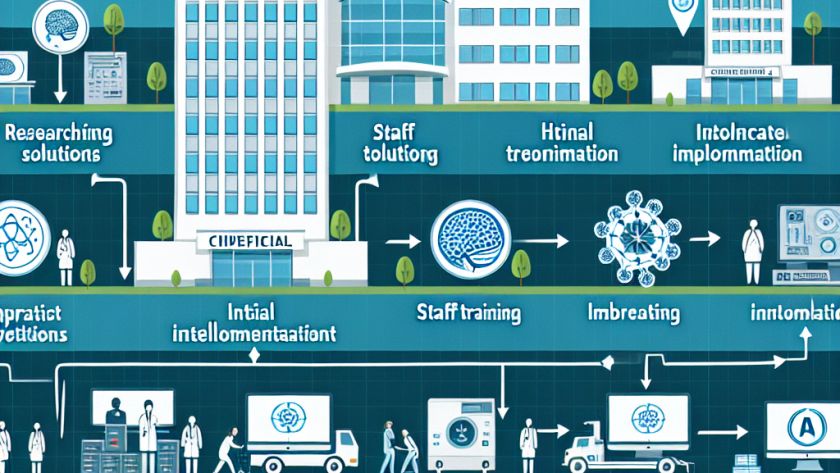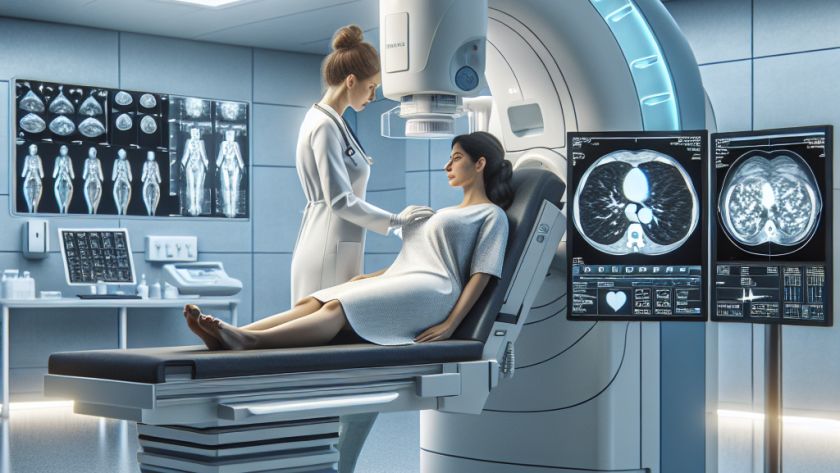






The advent and development of clinical Artificial Intelligence (AI) has been groundbreaking, showing its relevance beyond the workstation, impacting patient care paths, particularly in cardiovascular and neuro spaces. AI's benefits to physician workflows are numerous. However, one AI challenge is alert fatigue, which can potentially hamper efficiency and efficacy in care scenarios if not managed…


The Modern Healthcare Digital Health Summit recently highlighted the value of a strategic approach to maximizing AI's impact in the healthcare industry, improving cross-departmental efficiency, and enabling preventative care. Aidoc CEO Elad Walach shared his views on the evolving landscape of clinical AI in a conversation with journalist Gabriel Perna.
Walach pointed out the setbacks of…

Screening mammography plays a crucial role in early detection and treatment of breast cancer, significantly improving outcomes for women. Despite a few limitations, the compliance with this screening is quite high in the U.S. due to its significant public health benefits. Yet, the volume of data generated from these screenings can become overwhelming for radiologists.
Before…

Artificial Intelligence (AI) is currently experiencing a surge in popularity and is gaining recognition for its impact on numerous industries. One of the areas where AI has been less highlighted but is increasingly being leveraged is in healthcare. Contrary to common misconceptions of AI as robotic physicians, AI in healthcare is more accurately described as…

Nurses play a critical role in the integration and use of Artificial Intelligence (AI) within clinical workflows. AI systems can aid in patient sorting and prioritization, thereby reducing treatment times and coordinating medical decision processes to improve patient outcomes. With a seamless incorporation of AI into their workflows, nurses can further their pursuit of broadening…

